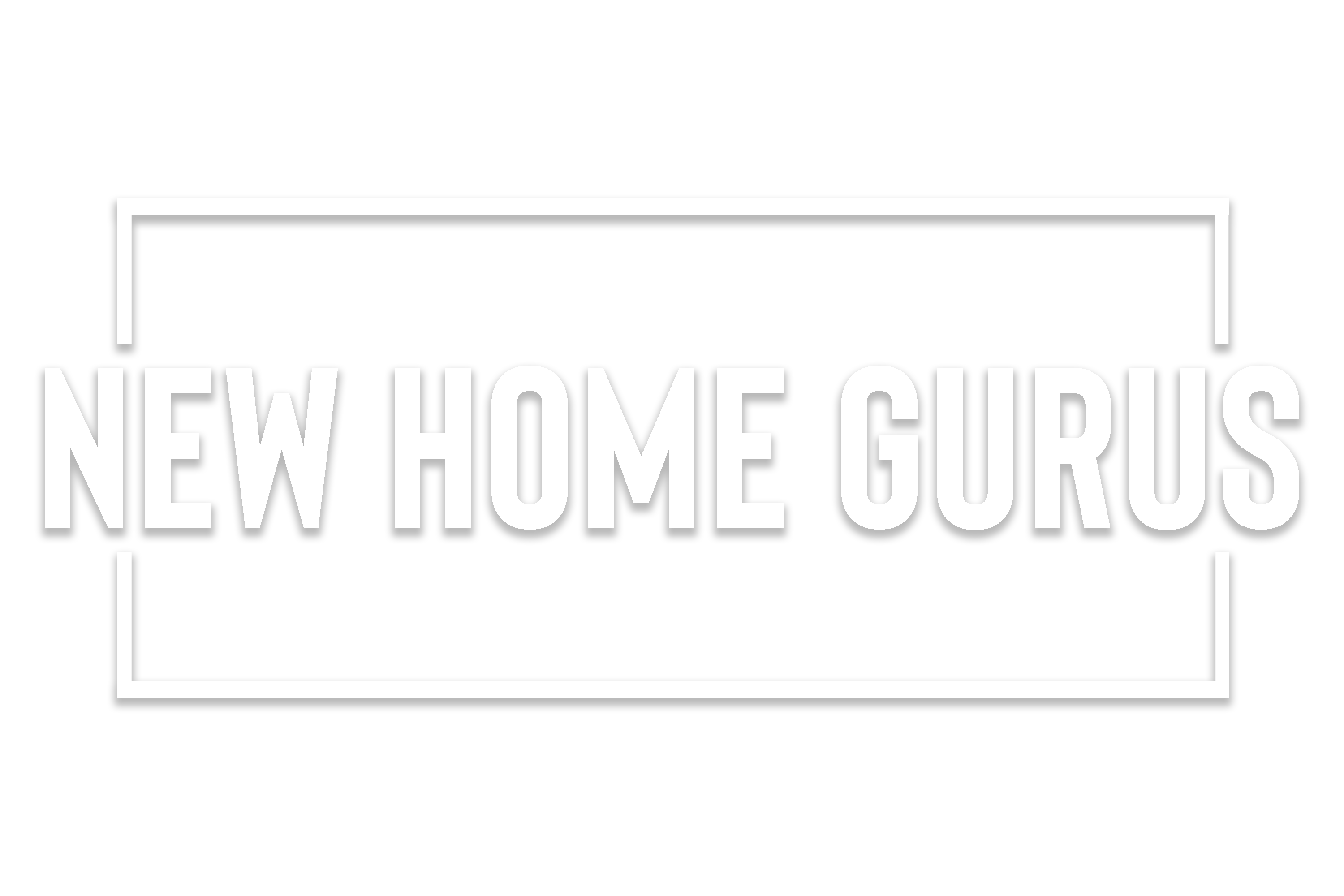Figure Out If Now’s the Time to Buy & What You Can Really Afford
When you want to buy a home, an important question to answer ASAP is this one — Can I afford to buy a home?
Here’s how you can work out an answer to that question.
What to Consider First: Home Costs & DTI
The two key things you need to get a grip on as you think about whether you can afford a home are:
- The costs of buying and owning a home: Beyond down payments and mortgage payments, you need to factor in expenses like closing costs, homeowner’s insurance, property taxes, and home maintenance expenses for essential upkeep.
- Your debt-to-income ratio (DTI): This can play a crucial role in whether you’re approved for a mortgage loan and, if so, the terms you’re able to secure. Even if you make great money, having too much debt could be a problem for lenders. They won’t want to lend you money if they think you can afford to take on more debt. So, consider your DTI before you dive in and get your heart set on buying a house.
If these two factors align and now’s a good time to buy a house, the next question you’ll need to answer is the one below.
How Much House Can I Afford?
Lenders generally use the 28/36 rule to assess borrowing capacity. That means that, when they’re deciding how much to lend you and what you can really afford, they use:
- 28% of your gross monthly income as the upper limit for housing expenses
- 36% of your gross monthly income as the upper limit for total debt costs
So, when you’re thinking about home costs and mortgage loans, estimate what you can afford based on this rule. Try to keep your home expenses under 28% of your monthly income.
Example: If your monthly income is $4,000, you’ll want to keep your home expenses at or under $1,120 (4000 x 0.28).
Keep in mind that:
- We’re talking about pre-tax income.
- If you’re buying a house with someone else, use the 28/36 rule to determine what you can each afford. Then, add that together to determine your joint borrowing capacity.
- Lenders may alter the ratio than 28/36, depending on your credit score. If you have excellent credit, they may increase the ratio, meaning you can borrow more.
- There are different types of mortgage loans, offering different terms. Some don’t require any down payment. So, shop around. Not all lenders offer the same loans, and if one lender doesn’t approve you for a mortgage, it doesn’t mean others won’t.
Buying or Selling a Home in Texas? Get Cash Back at Closing
Whether you’re buying or selling a home in Texas, you can get experienced help and cash back at closing when you work with the 5-star Realtors® at New Home Gurus. We can guide you through the process, helping you with offers, negotiations, and closing. Plus, we’ll split our commission with you at closing!
Homebuyers and sellers who work with New Home Gurus can get back an average of $4,500 to $12,000 at closing.
How Much Cash Can You Get after Closing?
Call (281) 668-8124 or Contact Us to Find Out Now
We are standing by, ready to answer your questions and explain the details of our commission-sharing program.

